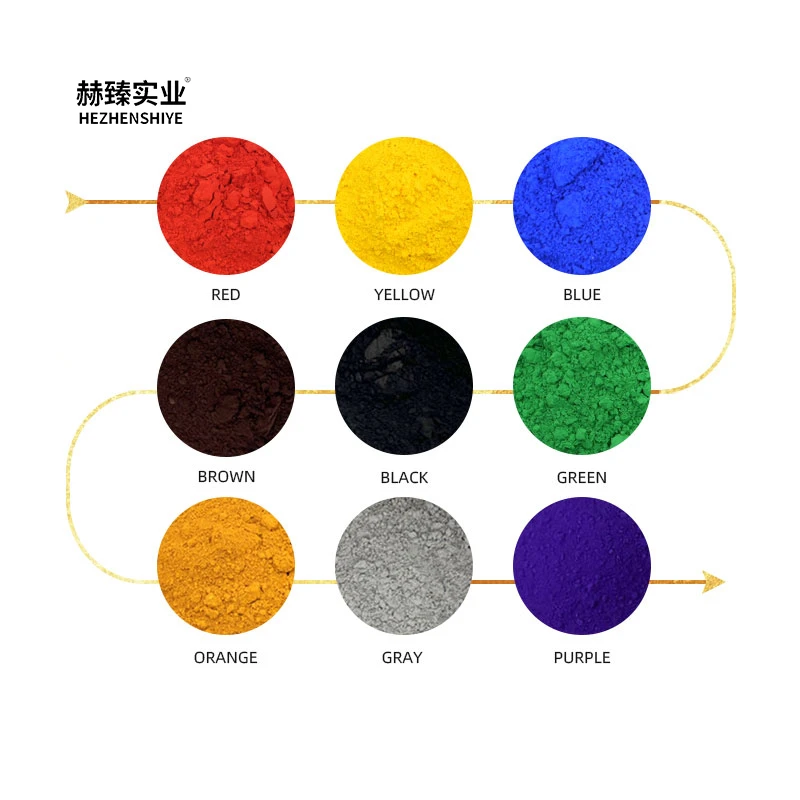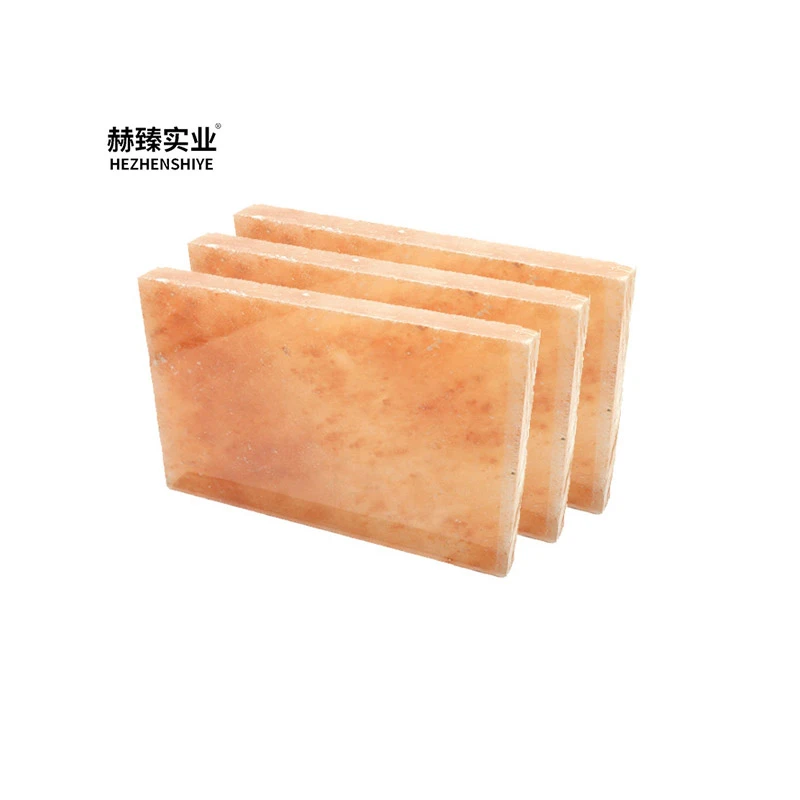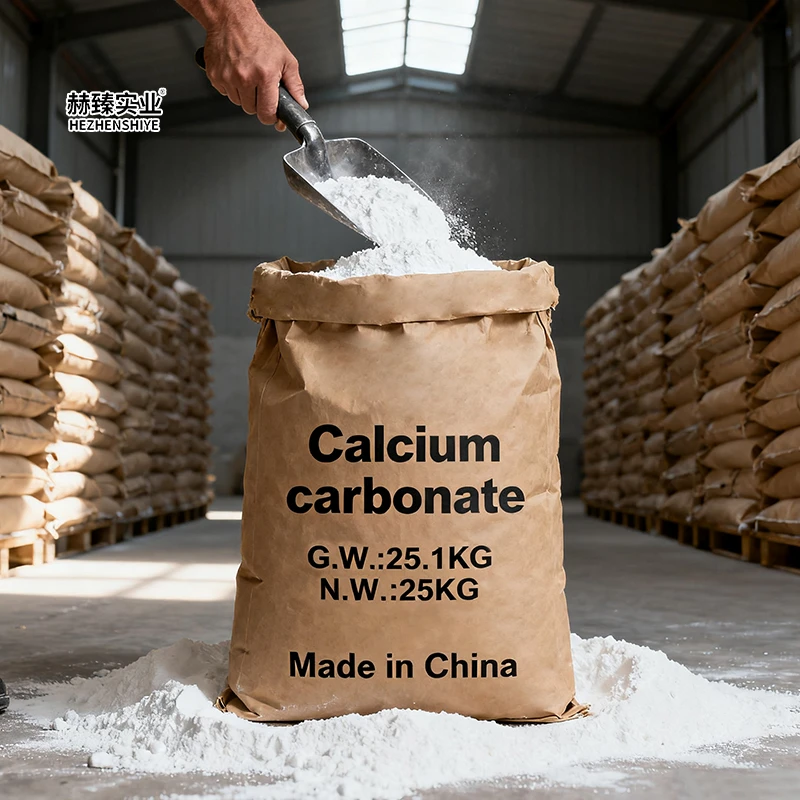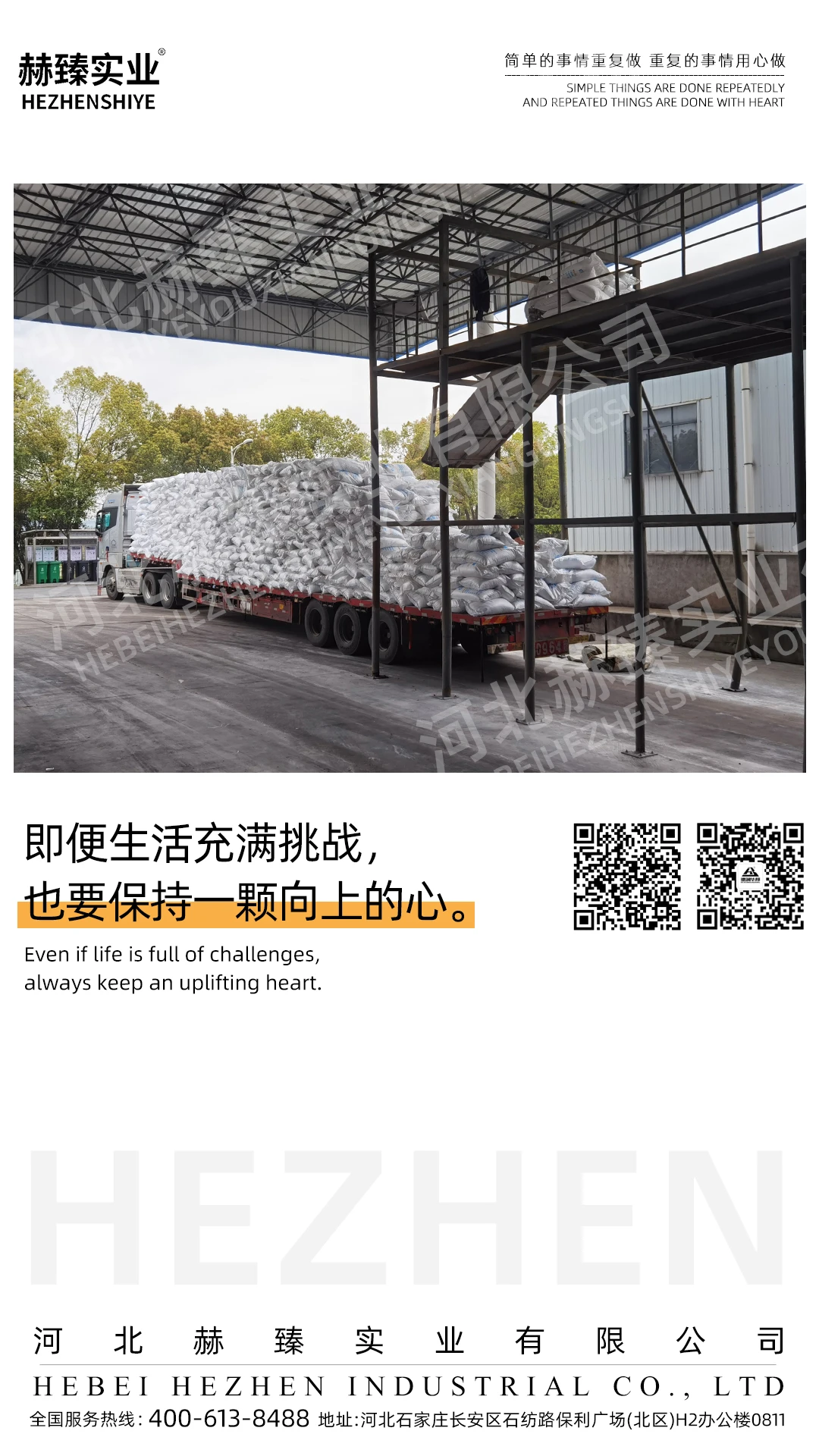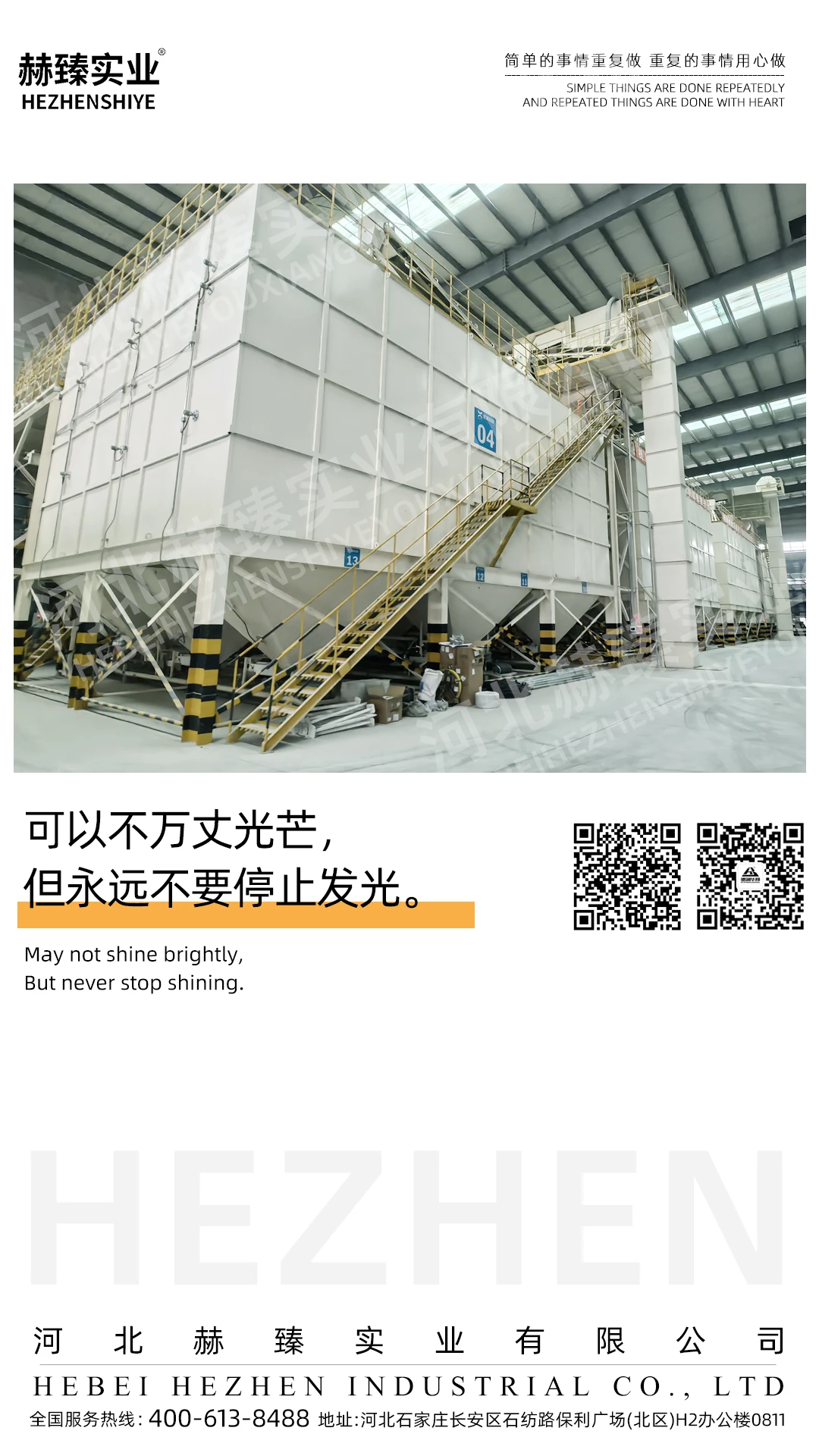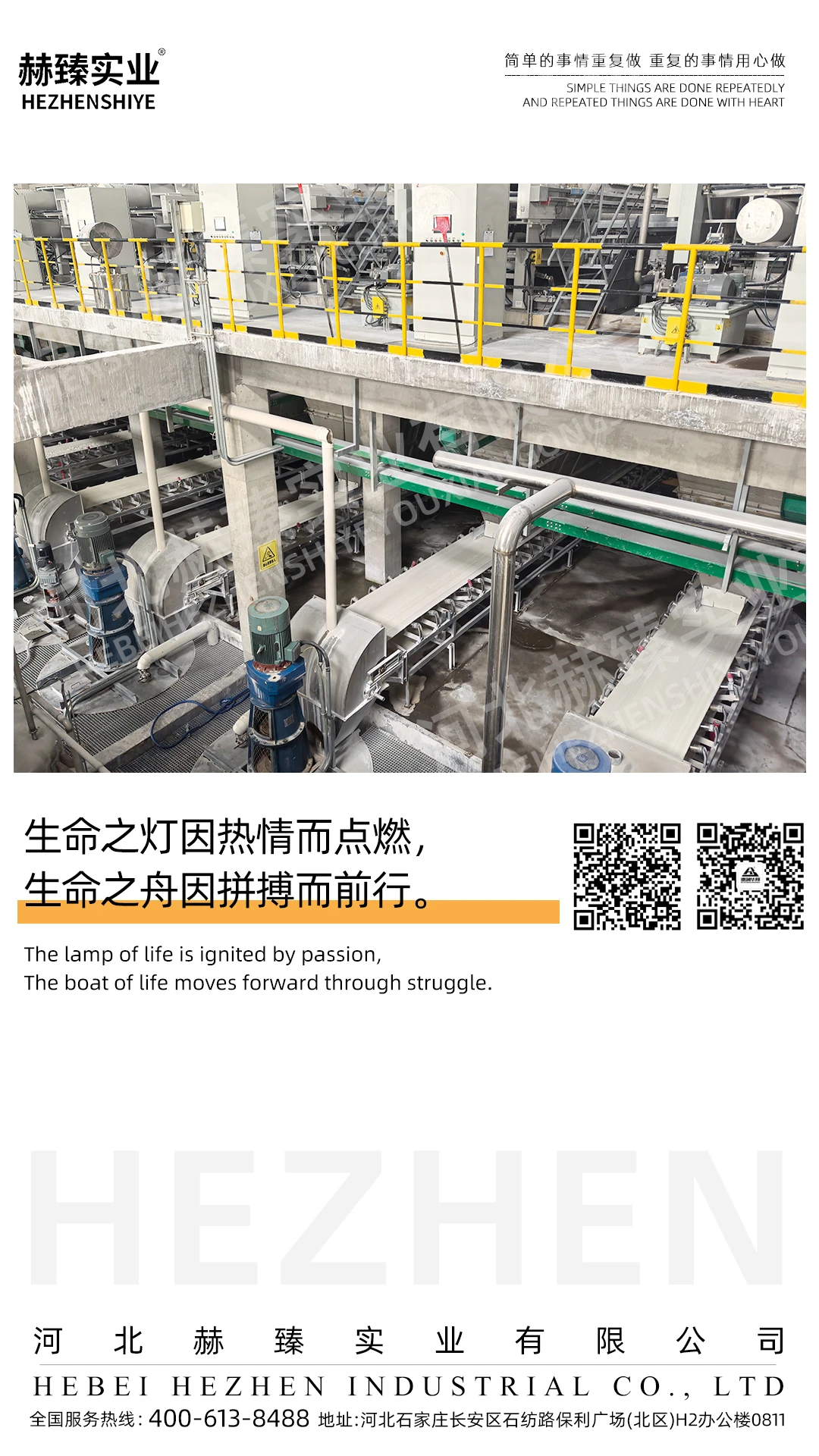Kaolin Powder For Refractory Materials Enhancing High-Temperature Stability And Strength
The refractory industry depends on mineral additives that can endure extreme temperatures, preserve structural integrity, and resist thermal shock. Kaolin powder with moisture content ≤0.3% has emerged as a pivotal material in manufacturing refractory bricks, castables, and ceramic fiber products utilized in the steel, cement, and glass sectors. Unlike clays with higher moisture content that may cause cracking during the firing process, kaolin powder offers outstanding high-temperature stability, superior sintering properties, and enhanced mechanical strength, ensuring that refractory products perform reliably in harsh industrial environments.
High-temperature stability is of utmost importance for refractory materials, which are exposed to temperatures reaching up to 1800°C in steel furnaces and cement kilns. Kaolin powder with a particle size ranging from 325 to 1250 mesh has a high alumina content of 38% - 42% and a low volatile content. This composition prevents the formation of gas bubbles during firing, as these bubbles would otherwise weaken the refractory structure. Tests conducted by a Chinese refractory manufacturer indicate that when kaolin powder is added at 20% - 30% of the weight of high-alumina bricks, it increases the brick’s refractoriness under load (RUL) by 15% - 20%, elevating it from 1600°C to 1840 - 1920°C. This improvement allows the bricks to withstand higher temperatures in steel blast furnaces, effectively extending their service life from 6 months to 12 months. For refractory castables used to line furnace walls, the low moisture content of kaolin powder ensures uniform mixing with other refractory aggregates like corundum and mullite, preventing segregation that could create weak spots. Castables containing 25% kaolin powder showed no signs of cracking after 100 heating-cooling cycles (from 1500°C to 25°C), in contrast to castables with high-moisture clay that suffered severe cracking.
Mechanical strength is essential for refractory materials, as they must endure physical stress from furnace loading and thermal expansion. Kaolin powder enhances the strength of refractory products by promoting sintering. During the firing process, the kaolin powder melts slightly and bonds with other aggregates, creating a dense and robust structure. When incorporated into refractory ceramic fibers used for insulation, the kaolin powder increases the fiber’s tensile strength by 30% - 40%, rising from 0.5 MPa to 0.65 - 0.7 MPa, thereby preventing fiber breakage during installation and use. For refractory bricks employed in cement kilns, the kaolin powder improves compressive strength by 25% - 35%, increasing it from 50 MPa to 62.5 - 67.5 MPa. This enables the bricks to support the weight of upper brick layers and reduces deformation. Moreover, the low moisture content of kaolin powder shortens the drying time for refractory castables, decreasing it from 72 hours to 48 hours. This acceleration in drying time speeds up furnace construction and minimizes downtime in industrial operations.
The production of kaolin powder for refractories involves drying and grinding processes to achieve minimal moisture and precise particle size. Raw kaolin ore undergoes beneficiation through washing and magnetic separation to eliminate impurities, with iron content kept at ≤0.3% and titanium at ≤0.2%. Subsequently, it is crushed into small chunks. Drying takes place in rotary dryers at 200 - 250°C to reduce the moisture content to ≤0.3%. An optional calcination step at 600 - 800°C can be carried out to enhance stability by removing hydroxyl groups. The dried material is then ground using dry grinding with air classifier mills to reach a particle size of 325 - 1250 mesh (D50 10 - 30 μm) and sieved to ensure a uniform particle size distribution. For refractory castables, the kaolin powder may undergo granulation to improve its flowability and facilitate better mixing with other aggregates.
Key technical indicators of kaolin powder for refractories include: particle size D50 10 - 30 μm (325 - 1250 mesh), moisture content ≤0.3%, alumina content (Al₂O₃) 38% - 42%, silica content (SiO₂) 45% - 50%, iron content (Fe₂O₃) ≤0.3%, and refractoriness (pyrometric cone equivalent, PCE) ≥SK 12 (1670°C). These indicators are verified through tests such as thermogravimetric analysis (TGA) for moisture content, XRF for chemical composition, and PCE testing for refractoriness. Compliance with refractory industry standards like ISO 10081 (refractory materials—sampling and testing) is ensured, guaranteeing consistent performance across different batches.
The supply chain and technical support for kaolin powder are customized to meet the heavy-duty production requirements of the refractory industry. Packaging options include 25kg multi-layer paper bags with inner plastic liners and 1000kg bulk bags for large refractory manufacturers. These packages are equipped with moisture-proof seals to prevent moisture absorption during storage. Delivery times vary, taking 10 - 15 days for regional customers, such as those shipping from India to Bangladesh, and 25 - 35 days for international customers, like those shipping from Brazil to Germany. Technical teams offer formulation guidance, for instance, recommending 30% of 1250-mesh kaolin powder for high-temperature refractory bricks to maximize RUL and 20% of 325-mesh powder for castables to strike a balance between strength and flowability. They also provide on-site support for refractory mixing, assisting in adjusting water addition levels, which is crucial for castables, and formulating firing schedules to ensure optimal product performance.
In the refractory industry's pursuit of high-temperature efficiency, extended service life, and reduced downtime, kaolin powder remains an indispensable material. Its capabilities to enhance high-temperature stability, improve mechanical strength, and shorten drying time empower refractory manufacturers to produce reliable products that meet the exacting demands of the steel, cement, and glass industries. This, in turn, supports global industrial production and contributes to sustainability goals.
Kaolin powder's role extends beyond refractories. In the ceramics industry, it serves as a fundamental raw material. The fine particle size and plasticity of kaolin powder enable the creation of high-quality ceramic products, from delicate porcelain tableware to durable ceramic tiles. When used in ceramics, the kaolin powder's high alumina and silica content contribute to the product's hardness, strength, and resistance to chemical corrosion. During the firing of ceramics, the kaolin powder undergoes chemical and physical changes, bonding with other components to form a dense and homogeneous structure. This results in ceramics with excellent thermal shock resistance, making them suitable for applications where temperature variations are common.
In the paper industry, kaolin powder is widely used as a coating pigment. Its fine particle size and smooth surface properties help improve the smoothness, brightness, and printability of paper. When applied as a coating on paper, the kaolin powder fills the pores on the paper surface, creating a more uniform and flat surface. This enhancement in surface quality allows for sharper and clearer printing, making it ideal for high-quality printing applications such as magazines, brochures, and glossy paper products. Moreover, the kaolin powder's chemical inertness ensures that it does not react with other paper components or printing inks, maintaining the integrity of the paper and the printed images over time.
The paint and coating industry also benefits significantly from kaolin powder. It acts as a filler and extender in paints, reducing the cost of production while enhancing the paint's properties. Kaolin powder improves the paint's viscosity, thixotropy, and anti-sedimentation properties, ensuring better application and storage stability. It also contributes to the paint's hiding power, allowing for better coverage of the substrate and reducing the need for multiple coats. In addition, the kaolin powder's ability to reflect light helps improve the paint's durability and resistance to weathering, making it suitable for both interior and exterior applications.
In the rubber industry, kaolin powder is used as a reinforcing filler. It enhances the mechanical properties of rubber, such as tensile strength, tear resistance, and abrasion resistance. The fine particle size of kaolin powder allows it to disperse evenly in the rubber matrix, creating a strong bond with the rubber molecules. This reinforcement not only improves the performance of rubber products but also extends their service life. Kaolin powder is commonly used in the production of tires, conveyor belts, seals, and other rubber components, where high strength and durability are required.
The electronics industry also utilizes kaolin powder in various applications. In the production of electronic ceramics, kaolin powder serves as a key ingredient due to its high purity and excellent electrical insulation properties. It is used to manufacture components such as capacitors, resistors, and insulators, which are essential for the proper functioning of electronic devices. The kaolin powder's ability to withstand high temperatures and maintain its electrical properties makes it suitable for use in high-performance electronic applications. Additionally, in the semiconductor industry, kaolin powder is used as a polishing agent for silicon wafers. Its fine particle size and hardness allow for precise polishing, ensuring the smoothness and flatness of the wafers, which is crucial for the fabrication of high-quality semiconductor devices.
To ensure the quality and consistency of kaolin powder across different industries, strict quality control measures are implemented throughout the production process. From the selection of raw kaolin ore to the final packaging of the product, each step is carefully monitored and tested. Advanced analytical techniques are employed to measure the chemical composition, particle size distribution, moisture content, and other key properties of the kaolin powder. This ensures that the product meets the specific requirements of each industry and application.
In conclusion, kaolin powder plays a vital and diverse role in multiple industries. Its unique properties, such as high-temperature stability, mechanical strength enhancement, fine particle size, and chemical inertness, make it an essential material in the refractory, ceramics, paper, paint, rubber, and electronics industries. As industries continue to evolve and demand higher performance materials, the importance of kaolin powder is expected to grow, driving further research and development in its production and applications.






